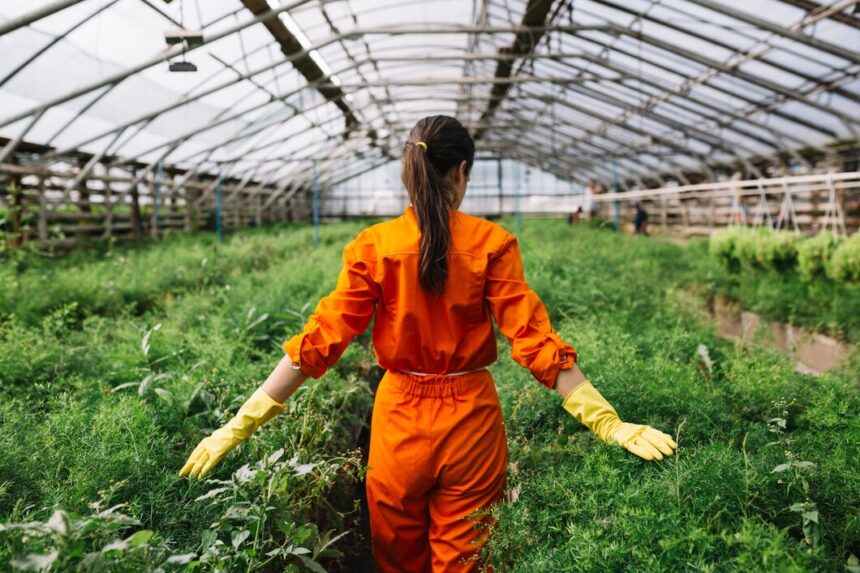Farm safety and health are paramount concerns for farmers in South Africa, where agriculture plays a crucial role in the economy. Implementing effective techniques not only ensures the well-being of farmers and farm workers but also contributes to sustainable agricultural practices. Here are ten techniques that South African farmers can adopt to enhance farm safety and health:
- Risk Assessment and Management: Conduct regular risk assessments to identify potential hazards on the farm, such as machinery operation, handling of chemicals, and livestock management. Develop and implement risk management plans to mitigate these risks.
- Training and Education: Provide comprehensive training to farm workers on safety protocols, including proper operation of machinery, handling of hazardous materials, and emergency procedures. Continuous education ensures that everyone on the farm is aware of safety practices.
- Personal Protective Equipment (PPE): Ensure that all workers have access to and use appropriate PPE, such as gloves, safety goggles, helmets, and respirators. PPE helps protect against injuries and exposure to harmful substances.
- Safe Handling of Chemicals: Implement strict guidelines for the storage, handling, and disposal of agricultural chemicals, including pesticides and fertilizers. Use protective gear and follow manufacturer instructions to minimize exposure and contamination risks.
- Machinery Maintenance and Operation: Regularly inspect and maintain farm machinery to ensure proper functioning and safety. Train operators in safe machine operation practices and establish clear protocols for maintenance and repairs.
- Emergency Preparedness: Develop and regularly update emergency response plans that outline procedures for accidents, fires, medical emergencies, and natural disasters. Conduct drills to familiarize workers with emergency protocols.
- Animal Handling: Establish protocols for safe animal handling to prevent injuries from kicks, bites, or trampling. Train workers in proper livestock management techniques and ensure adequate facilities for animal containment and handling.
- Environmental Management: Implement practices that promote environmental stewardship, such as soil conservation, water management, and waste disposal. Minimize agricultural runoff and use sustainable farming methods to protect natural resources.
- Worker Well-being Programs: Promote worker health and well-being by providing access to healthcare services, ergonomic workstations, and facilities for rest and meals. Encourage regular health screenings and wellness initiatives.
- Community Engagement and Support: Foster a culture of safety and health by engaging with the local community, sharing best practices, and collaborating on initiatives to improve farm safety standards. Support initiatives that promote the well-being of farmers and their families.
By adopting these techniques, South African farmers can significantly enhance farm safety and health, creating a productive and secure working environment. Prioritizing safety not only protects farm workers and their families but also contributes to the sustainability and success of agricultural operations across the country. Continuous improvement and adherence to safety practices ensure a resilient farming sector that can thrive in the face of challenges.
Join 'Farmers Mag' WhatsApp Channel
Get the latest Farming news and tips delivered straight to your WhatsApp
CLICK HERE TO JOIN






